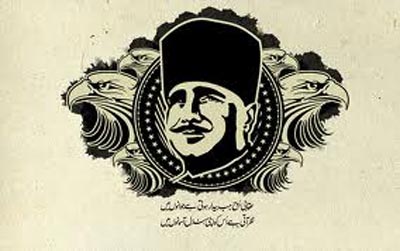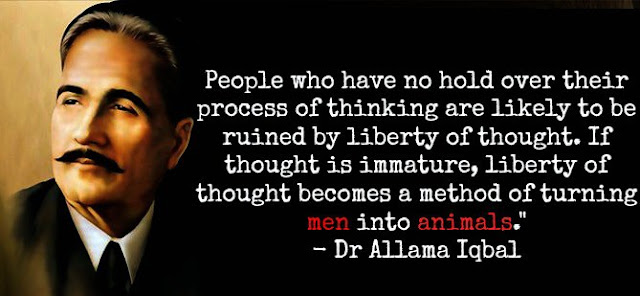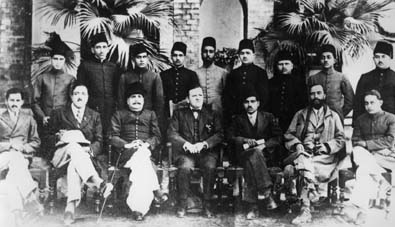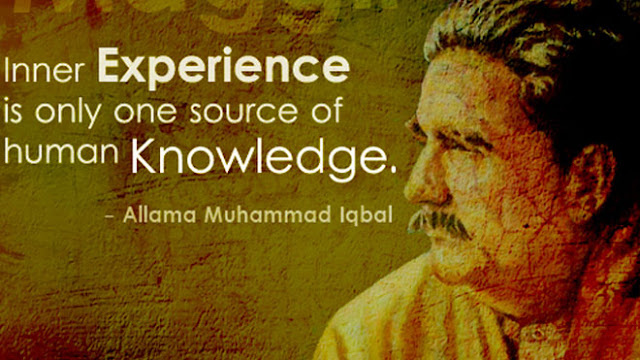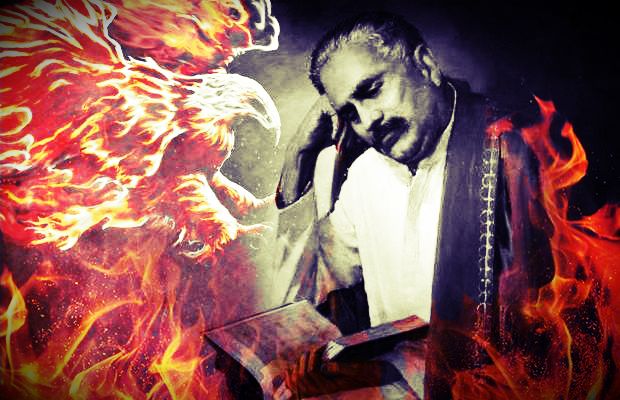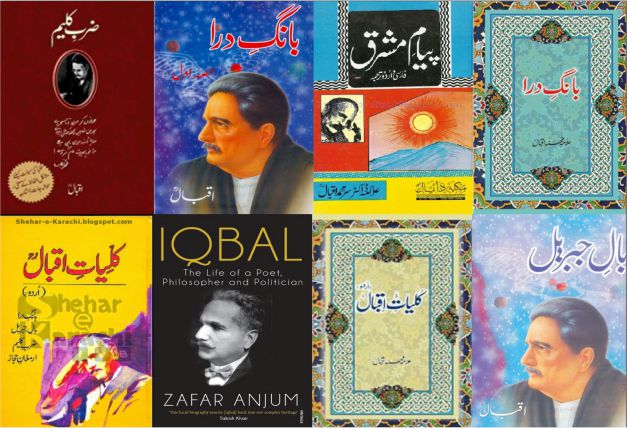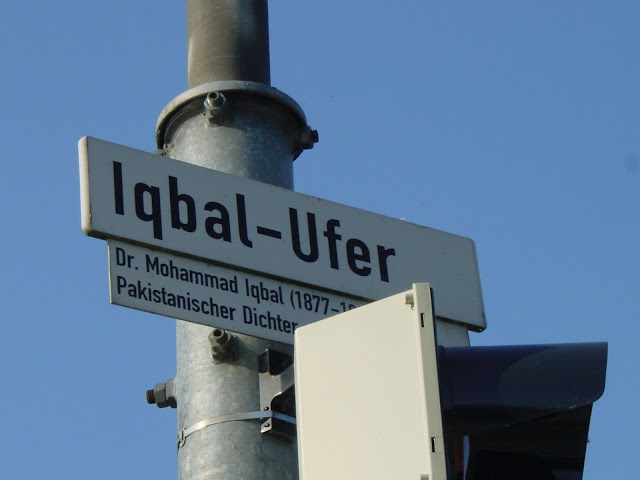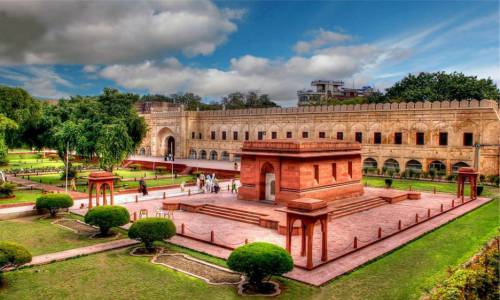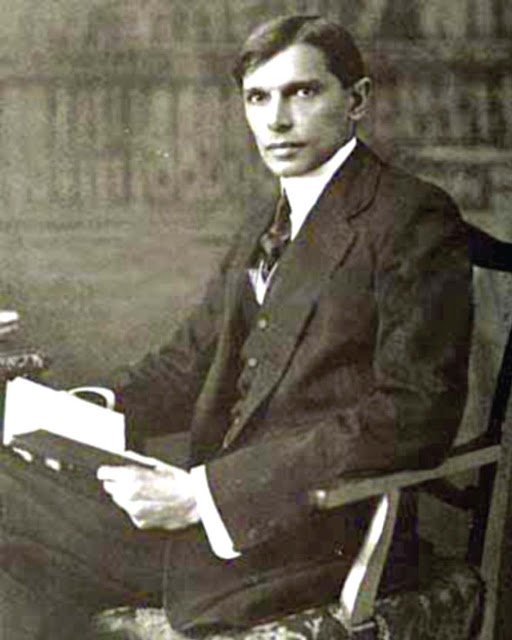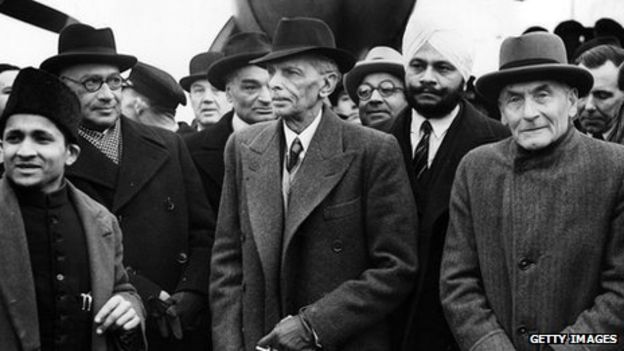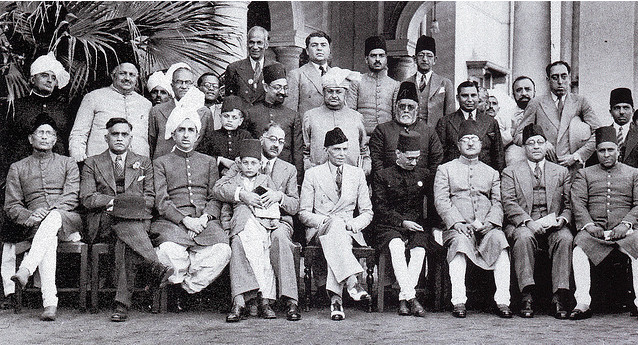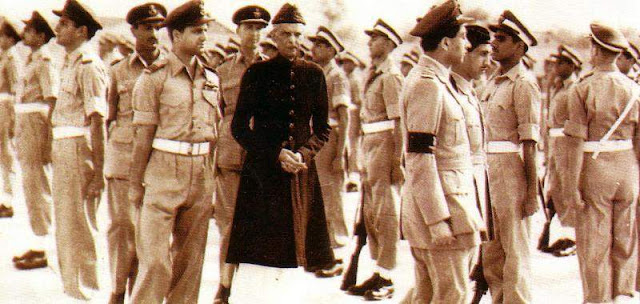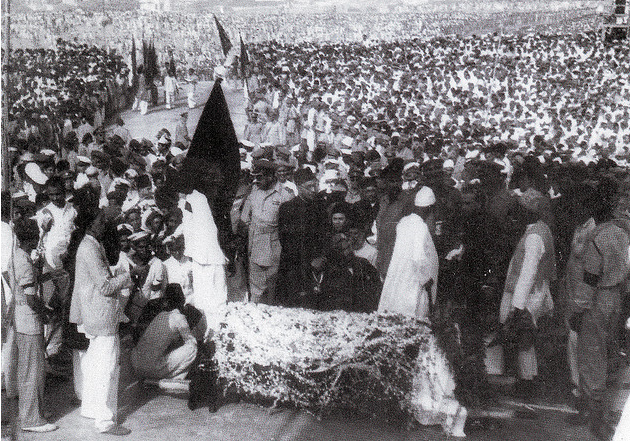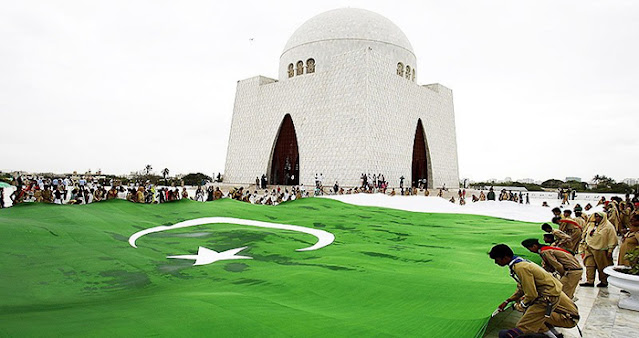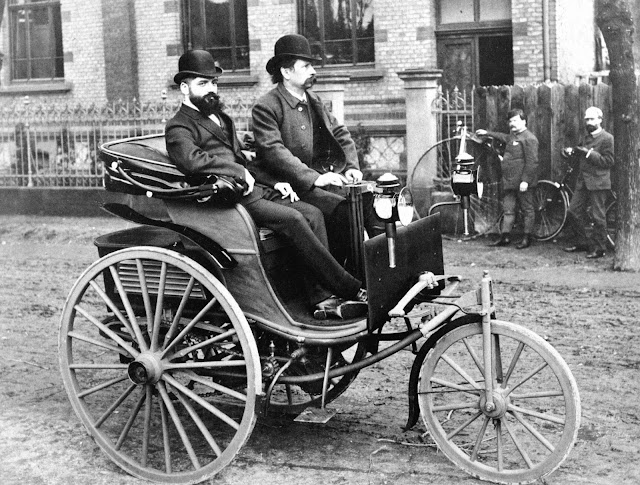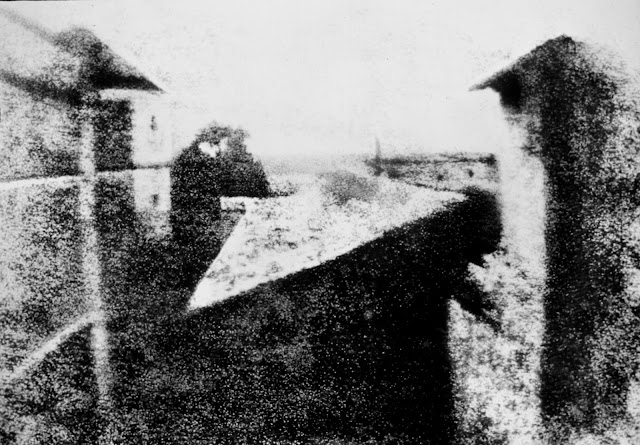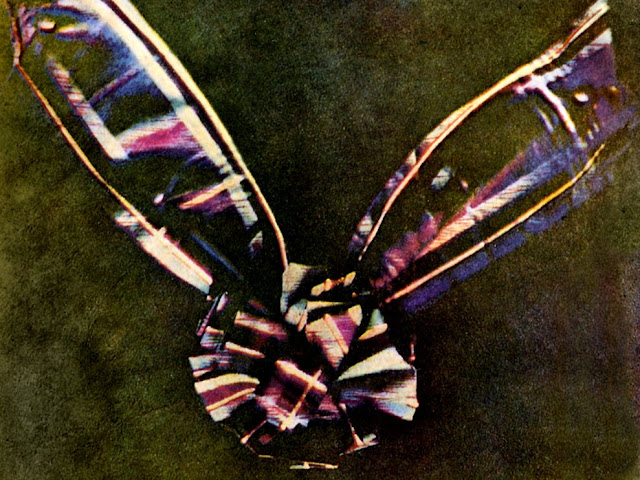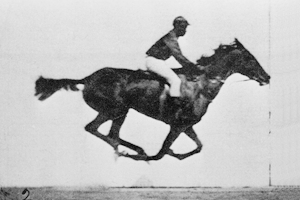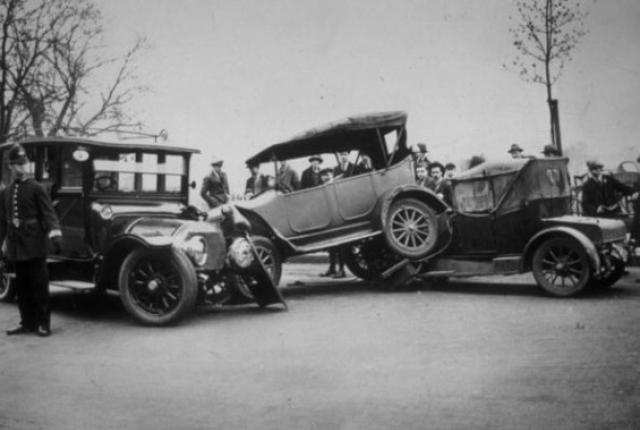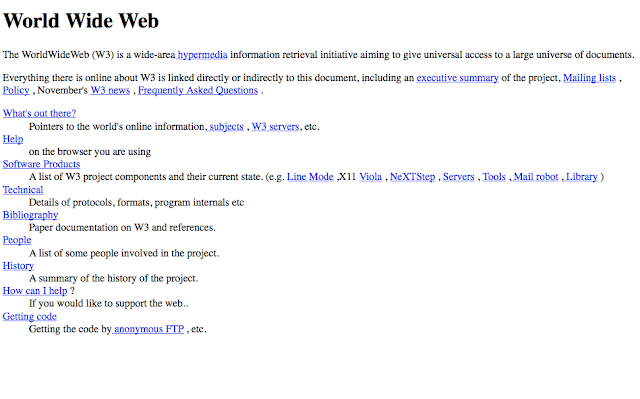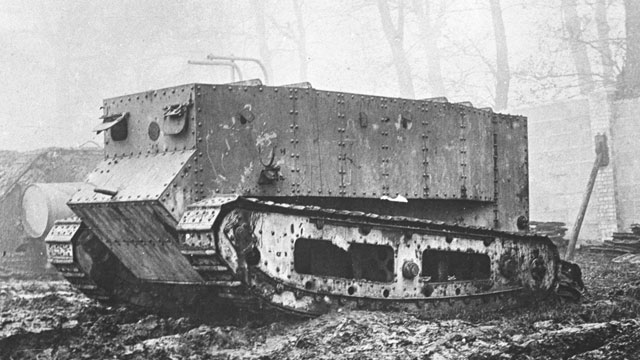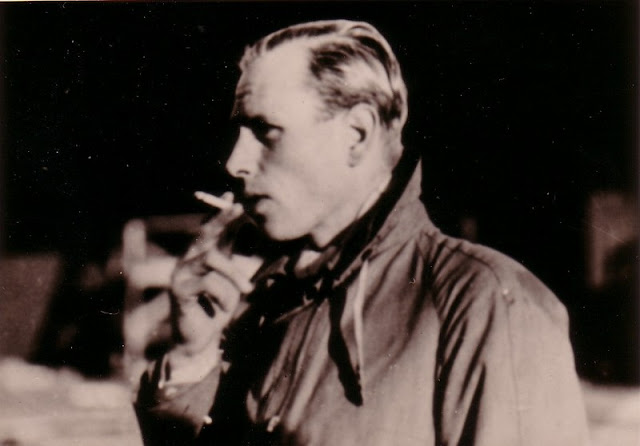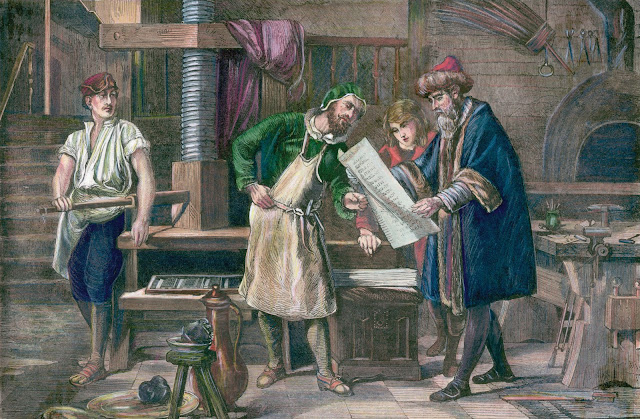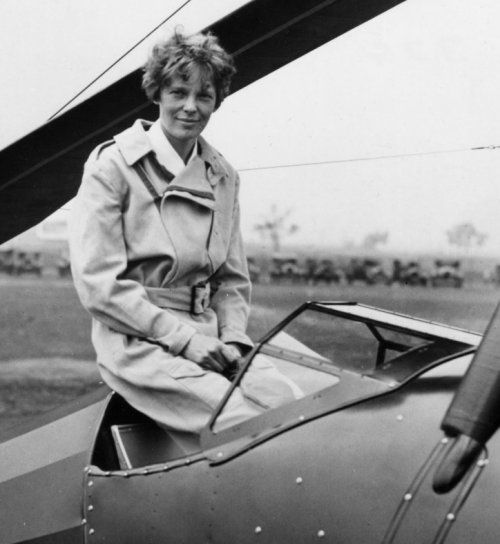Top 50 Dangerous Cities In The World
When planning your next trip, you may want to avoid some of the cities we’re about to mention. In 2015, they ranked among the world’s most dangerous places on the basis of murder cases per capita. Caracas, Venezuela has risen to number one spot with 119.87 murders per 100,000 beating out San Pedro Sula in Honduras which had the top position in 2015, with 171.2 murders per 100,000 people per year but dropped to second at 111.03 in 2016. The number is surprisingly high in comparison to the most violent cities in many other countries. In the US, for example, St. Louis, with its murder rate of 59.23 per 100,000, is still a much safer place to live than the world’s most dangerous city. Illegal drug distribution, extensive poverty, and gangs all combine to affect the living conditions in Caracas and San Pedro Sula, the help make that city so notorious. Amid a rise in mass killings and escalating violence between alleged gang members, San Salvador has almost doubled its murder rate from 61.21 to 108.54 taking the 3rd spot. August was the most violent month in San Salvador, with more than 900 killings, including an unprecedented 52 deaths registered in a single day. The other two cities that complete the top five most dangerous places in the world are Acapulco, Mexico, and Maturin, Venezuela.
| Rank | City | Country | Homicides | Population | Homicides per 100,000 |
|---|---|---|---|---|---|
|
1 |
Celaya (AM) |
Mexico |
699 |
639,052 |
109.38 |
|
2 |
Tijuana (AM) |
Mexico |
2,155 |
2,049,413 |
105.15 |
|
3 |
Juarez |
Mexico |
1,567 |
1,512,450 |
103.61 |
|
4 |
Ciudad Obregon |
Mexico |
309 |
305,539 |
101.13 |
|
5 |
Irapuato (AM) |
Mexico |
823 |
866,370 |
94.99 |
|
6 |
Ensenada |
Mexico |
402 |
443,807 |
90.58 |
|
7 |
St. Louis |
United States |
264 |
300,576 |
87.83 |
|
8 |
Uruapan |
Mexico |
259 |
356,786 |
72.59 |
|
9 |
Feira de Santana |
Brazil |
418 |
619,609 |
67.46 |
|
10 |
Cape Town |
South Africa |
2,947 |
4,604,986 |
64 |
|
11 |
Cumana |
Venezuela |
225 |
360,436 |
62.42 |
|
12 |
Fortaleza |
Brazil |
2,491 |
3,999,930 |
62.28 |
|
13 |
Mossoro |
Brazil |
187 |
300,618 |
62.21 |
|
14 |
Guayana |
Venezuela |
471 |
758,490 |
62.1 |
|
15 |
Zacatecas |
Mexico |
214 |
361,347 |
59.22 |
|
16 |
Baltimore |
United States |
335 |
593,490 |
56.45 |
|
17 |
Kingston (AM) |
Jamaica |
643 |
1,180,771 |
54.46 |
|
18 |
Acapulco |
Mexico |
422 |
779,566 |
54.13 |
|
19 |
Caracas |
Venezuela |
1,417 |
2,682,801 |
52.82 |
|
20 |
Vitoria da Conquista |
Brazil |
179 |
341,128 |
52.47 |
|
21 |
New Orleans |
United States |
202 |
390,144 |
51.78 |
|
22 |
Mandela Bay |
South Africa |
621 |
1,213,060 |
51.19 |
|
23 |
Maturin |
Venezuela |
254 |
497,723 |
51.03 |
|
24 |
Memphis |
United States |
332 |
654,073 |
50.99 |
|
25 |
Culiacan |
Mexico |
472 |
955,340 |
49.41 |
|
26 |
Cuemavaca (AM) |
Mexico |
436 |
896,688 |
48.62 |
|
27 |
Morelia |
Mexico |
403 |
849,053 |
47.46 |
|
28 |
Salvador (AM) |
Brazil |
1,852 |
3,957,566 |
46.8 |
|
29 |
Detroit |
United States |
327 |
713,898 |
45.8 |
|
30 |
Distrito Central |
Honduras |
569 |
1,276,738 |
44.57 |
|
31 |
Durban |
South Africa |
1,727 |
3,981,205 |
43.38 |
|
32 |
Chihuahua |
Mexico |
402 |
937,674 |
42.87 |
|
33 |
Rio Branco |
Brazil |
173 |
413,418 |
41.85 |
|
34 |
San Pedro Sula |
Honduras |
330 |
801,259 |
41.19 |
|
35 |
Colima (AM) |
Mexico |
135 |
328,471 |
41.1 |
|
36 |
Maceio |
Brazil |
404 |
1,025,360 |
39.4 |
|
37 |
Reafe |
Brazil |
1,549 |
4,023,725 |
38.5 |
|
38 |
Cucuta (AM) |
Colombia |
325 |
861,000 |
37.75 |
|
39 |
San Juan |
Puerto Rico |
120 |
318,441 |
37.68 |
|
40 |
Cali (AM) |
Colombia |
987 |
2,627,939 |
37.56 |
|
41 |
Johannesburg |
South Africa |
2,182 |
5,866,550 |
37.19 |
|
42 |
Barquisimeto |
Venezuela |
402 |
1,095,161 |
36.71 |
|
43 |
Caruaru |
Brazil |
133 |
365,278 |
36.41 |
|
44 |
Benito Juarez |
Mexico |
331 |
911,503 |
36.31 |
|
45 |
Victoria |
Mexico |
124 |
349,688 |
35.46 |
|
46 |
Natal |
Brazil |
475 |
1,353,713 |
35.09 |
|
47 |
Leon (AM) |
Mexico |
697 |
1,987,335 |
35.07 |
|
48 |
Teresina |
Brazil |
302 |
868,075 |
34.79 |
|
49 |
Minatitian (AM) |
Mexico |
109 |
314,348 |
34.67 |
|
50 |
Valencia |
Venezuela |
448 |
1,292,985 |
34.65 |

